UK’s rejection of Afghan elite forces linked to British war crimes in Afghanistan
By Reza Javadi
After years of dedicated service to British forces stationed in Afghanistan, former Afghan elite troops have been abandoned and their resettlement applications have also been rejected by the British Special Forces, according to leaked documents.
The rejection stems from a conflict of interest within the leadership of the British Special Forces, coupled with an effort to conceal war crimes committed during their military campaign in Afghanistan.
Leaked documents, shared with BBC Panorama, reveal a disturbing pattern within Britain’s secretive Special Forces, systematically turning down applications from Afghan commandos who played crucial roles in joint missions across Afghanistan spanning two decades.
These rejected individuals now find themselves in a precarious position in their home country.
Among the affected are members of the Afghan 333 and 444 units, collectively known as the Triples, who are currently in the UK. Eligible for resettlement under the Afghan Relocation and Assistance Policy (ARAP) scheme, hundreds of these Triples have faced rejection by British Special Forces leadership since the Taliban's return to power in August 2021.
The leaked documents, including a Standard Operating Procedures (SOP) document obtained by Lighthouse Reports, unveiled a concerning process, in which all Triples' applications meeting basic criteria were subjected to approval or denial by UK Special Forces, who held a veto power over resettlement since at least 2023.
The SOP underlined that rejection by UK Special Forces automatically rendered the applicant ineligible, resulting in a rejection letter. The Ministry of Defence officials, in some instances, attempted to challenge these rejections but were consistently met with the assertion that the decision on sponsorship for resettlement was final and non-negotiable.
Even civil servants overseeing the relocation scheme found themselves powerless to contest the rejections issued by the Special Forces. This was despite many rejected applications containing evidence of the Afghan forces' dedicated service, presenting compelling cases for resettlement.
One significant factor contributing to these rejections appears to be a conflict of interest within the upper echelons of British Special Forces leadership. Former Special Air Services (SAS) members disclosed that these decisions directly coincided with a public inquiry, suggesting a disconcerting alignment between the rejection of applications and the unfolding investigation.
MoD initiates review amidst reports of war crimes
In response to the revelations, the Ministry of Defence has announced a comprehensive review of the applications from former members of Afghan specialist units, including the Triples.
“We are conducting an independent, case-by-case review of all applications from former members of Afghan specialist units, which includes applications from the Triples. This review will consider all available evidence, including that provided by third parties,” an MoD spokesperson was quoted as saying, adding that the review “is being carried out by independent staff that has not previously worked on these applications”.
This review coincides with a public inquiry investigating allegations of war crimes committed by SAS, a special forces unit of the British army, during its military operations in Afghanistan between 2010 and 2013, in the presence of the Triples units.
A former UK Special Forces officer raised the issue of the headquarters having the authority to prevent potential witnesses from reaching the UK amidst ongoing investigations.
“At a time when certain actions by UK Special Forces are under investigation by a public inquiry, their headquarters also had the power to prevent former Afghan special forces colleagues and potential witnesses to these actions from getting safely to the UK,” one former UK special forces officer was quoted as saying.
A former Afghan officer, who had previously accused the SAS of war crimes, withdrew his support for SAS operations due to extrajudicial killings of Afghan civilians by British troops.
A recent report by the Guardian provided details about SAS night raids in southern Afghanistan’s Helmand province, resulting in the cold-blooded killing of 80 civilians between 2010 and 2013.
While the public inquiry can question witnesses within the UK, it faces limitations in dealing with non-British nationals overseas. Granting asylum and relocation to former Afghan Special Forces members could enable them to provide crucial evidence, potentially challenging the SAS's defense against war crime charges.
The rejection of Triples' applications has raised eyebrows, with MP Heappey suggesting a lack of comprehensive employment or payment records as a reason.
Contrary to this, military figures who served alongside the Triples assert that London directly paid them, maintaining detailed records of each transaction. The discrepancy has sparked a debate, considering the significant contributions of Triples in operations directed by the UK.
“I’ve seen spreadsheets where it’s very clear we paid them, not just for their service but for their skills, rank, and number of operations”, one former British officer was quoted as saying. “These guys were out on the ground most days for 20 years, fighting and dying and putting their lives on the line for us, in operations that we directed they should take part in.”
The origins of the Afghan 333 commando unit, initially created to combat narcotics production at the UK Foreign Office's request, and the 444 unit, established by the UK Ministry of Defence as a counter-terror force, add complexity to the situation.
Both units consistently fought alongside British forces and were directly funded by the UK government. Hence, they are complicit in the war crimes British forces committed in Afghanistan and many of these Afghan commandos can turn into witnesses.
Despite around 400 Triples veterans being brought to the UK after the swift withdrawal from Afghanistan in 2021, subsequent rejections, believed by their legal representatives to be a blanket ban, have left dozens in limbo.
Afghans helping British forces stranded in Pakistan
The plight extends beyond the Triples, as highlighted in a report by The Independent last May.
Over 1,000 Afghans, who collaborated with British forces during the two-decade foreign military occupation, find themselves stranded across Pakistan.
Eligible for resettlement in the UK, they await evacuation by the UK government after Royal Air Force (RAF) extraction flights from Islamabad ceased in November 2022.
Compounding the issue is the pressure on existing accommodation facilities for Afghans in the UK, leading to eviction orders from the British Home Office in Yorkshire.
This dire situation affects former interpreters, medics, embassy employees, and over 500 children, unable to leave hotels despite being granted eligibility to settle in the UK by the Ministry of Defense.
Leaving the hotel premises risks arrest and deportation back to Afghanistan, given the expiration of their Pakistani visas months ago.
Reports from last year indicated a staggering total of 8,000 Afghans awaiting resettlement in the UK, as outlined in a £1.6 billion Home Office contract.
The contract emphasizes the urgency of resettling these individuals due to ongoing risks in Afghanistan, a sentiment echoed by the MOD and the Foreign, Commonwealth & Development Office (FCDO).
As the UK government faces mounting criticism for its handling of Afghan resettlement and the plight of those who served alongside British forces, the desperate situation emphasizes the need for swift and comprehensive action.
British war crimes in Afghanistan
In a revelation during the SAS public inquiry last October, it came to light that two Afghan adults were shot dead by the SAS forces in August 2012 while they were sleeping, also resulting in serious injuries to two children.
Representing the families of victims in the inquiry into the killing of 80 civilians by the SAS in Afghanistan, barrister Richard Hermer KC asserted that these incidents amounted to war crimes committed by British soldiers.
Hussain Uzbakzai and Ruqqia Mullah Muhammad Haleem, both 24, were tragically killed while sleeping outside in the courtyard with their preschool-age children.
When Mansour Aziz, Uzbakzai’s brother, returned home, he discovered the horrifying scene of his brother and sister-in-law's bodies, while their children had been evacuated for urgent medical treatment, according to Hermer.
“Even to this day, they are grieving the incident that happened to us and they are depressed. They are wondering why that incident happened to us,” Aziz said. “We are asking for the court to listen to these children and bring justice.”
The evidence presented suggests that the SAS may have been conducting a campaign of murder, potentially constituting a war crime and a grave breach of the Geneva Conventions, according to Hermer.
Military police also became aware of a report that a serving soldier in UK Special Forces had confessed to shooting and killing a child in Afghanistan, Hermer was quoted as saying.
Lord Justice Haddon-Cave emphasized the significance of addressing these cases.
“Nobody could be in any doubt as to how potentially damaging these allegations are, as long as they remain unresolved one way or the other, and how corrosive they are to the reputation of the military, but also to the UK’s international standing,” he was quoted as saying.
John Mercer, the British veterans’ minister, in his testimony at the ongoing public inquiry, acknowledged that there was evidence pointing to potential breaches of international law by SAS personnel in Afghanistan between 2010 and 2013.
Mercer disclosed accounts of the SAS executing detainees, including children, who were already restrained and posed no threat. The inquiry, initiated in the wake of lawyers suggesting that British forces may have summarily executed 80 Afghan civilians between 2010 and 2013, continues to unveil disturbing incidents.
A specific claim asserts that an elite SAS soldier "personally killed" 35 Afghans during a single six-month tour as part of an alleged policy to terminate "all fighting-age males" in raided homes, regardless of the perceived threat they posed.
Reza Javadi is a Ph.D. in British Studies at the University of Tehran.
Israeli military kills Palestinian teen in southern Gaza despite truce
Recent terrorist war on Iran similar to Israel’s pager attack on Lebanon: Qalibaf
VIDEO | Thousands rally in Kargil against US, Israel 'interference' in Iran
Hamas blasts ‘torture and brutality’ against Palestinian prisoners in Israeli jails
Truth as first casualty: Deconstructing disinformation campaign on Iran riots death toll
Surrender, humiliation have no place in our lexicon: Lebanese MP
VIDEO | Press TV's news headlines
Fake deaths and celebs: Inside the farcical info war against Iran amid foreign-backed riots


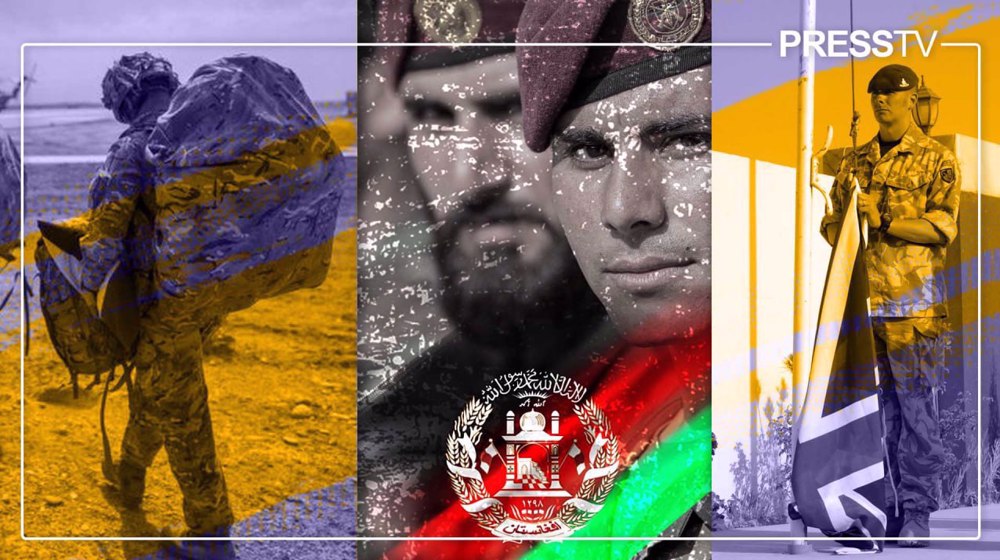
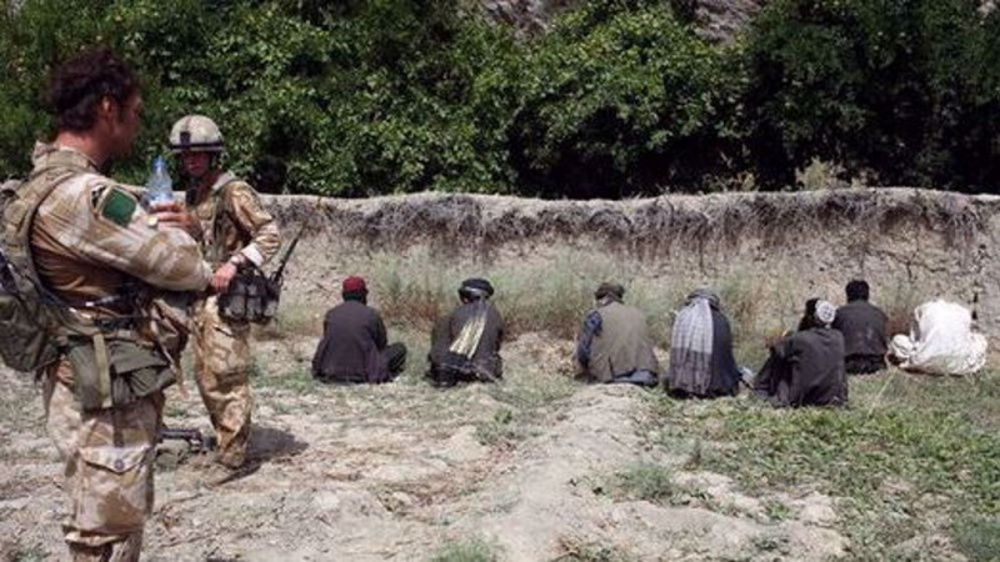
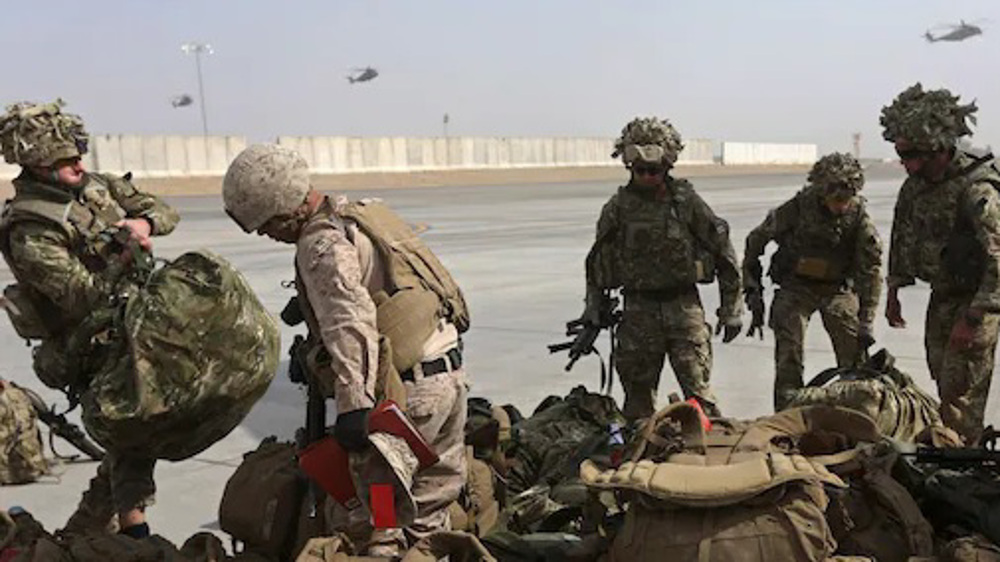
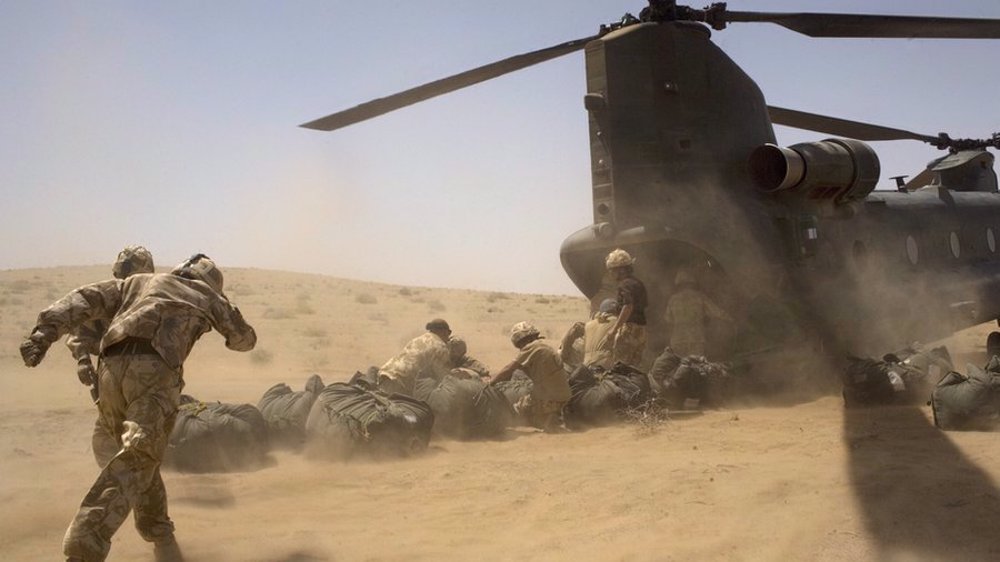
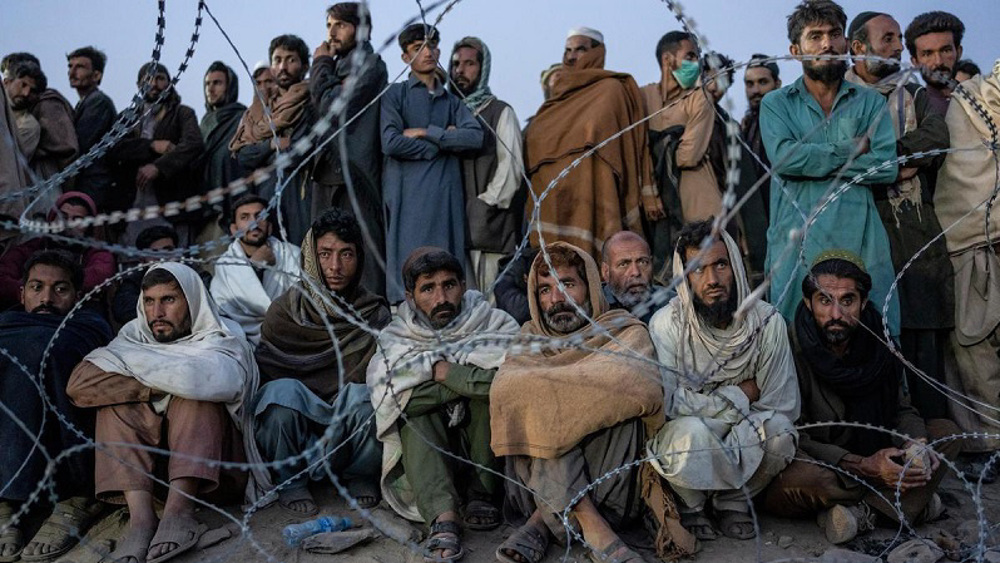

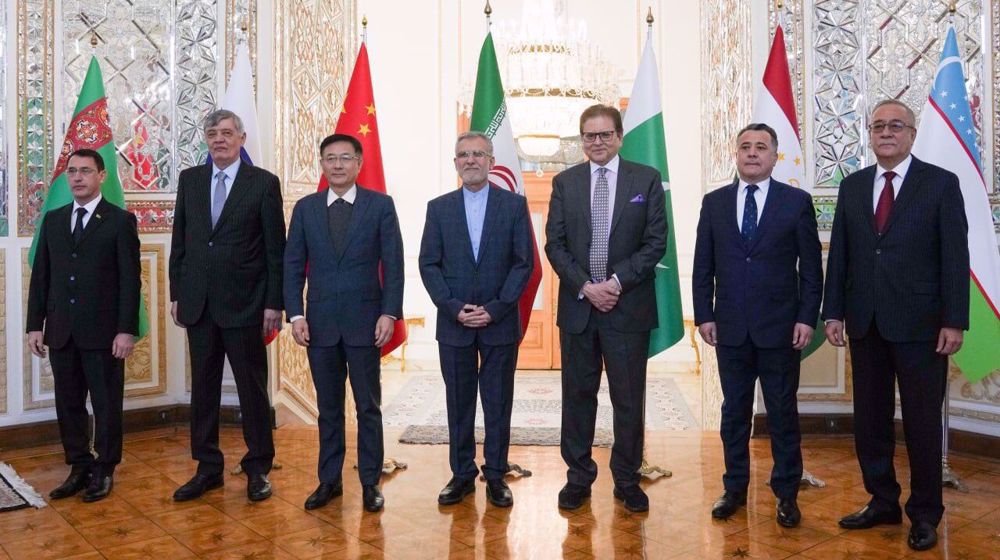



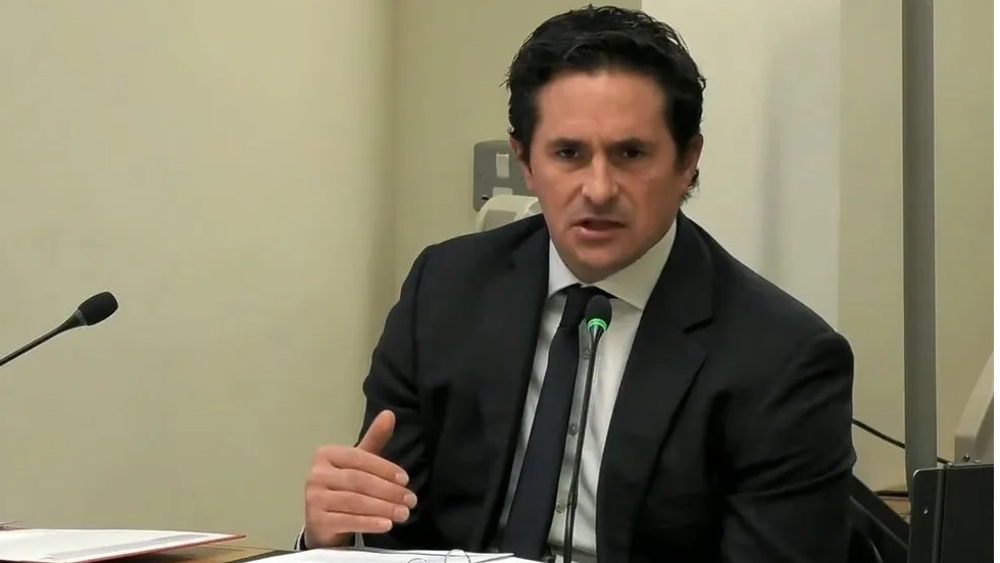
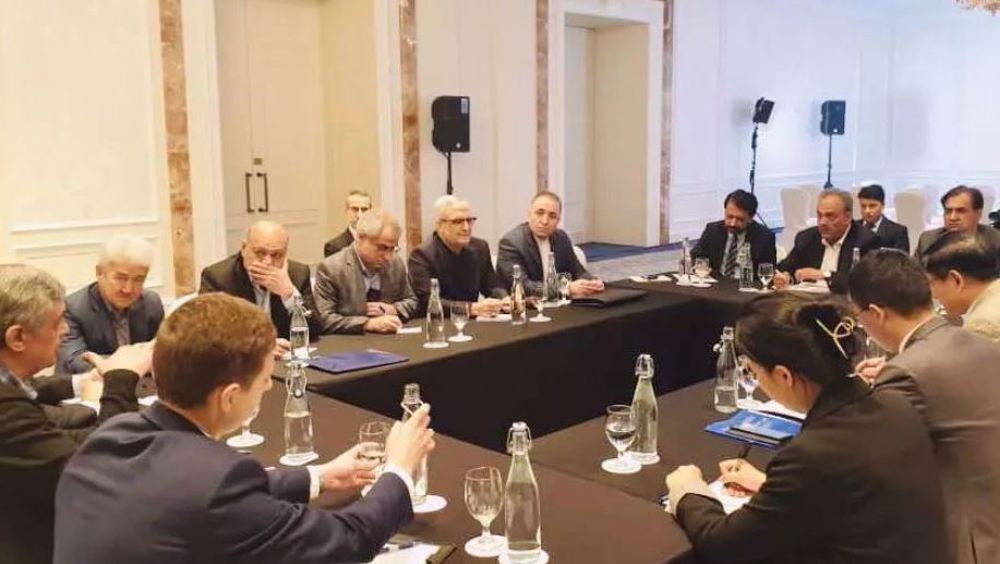
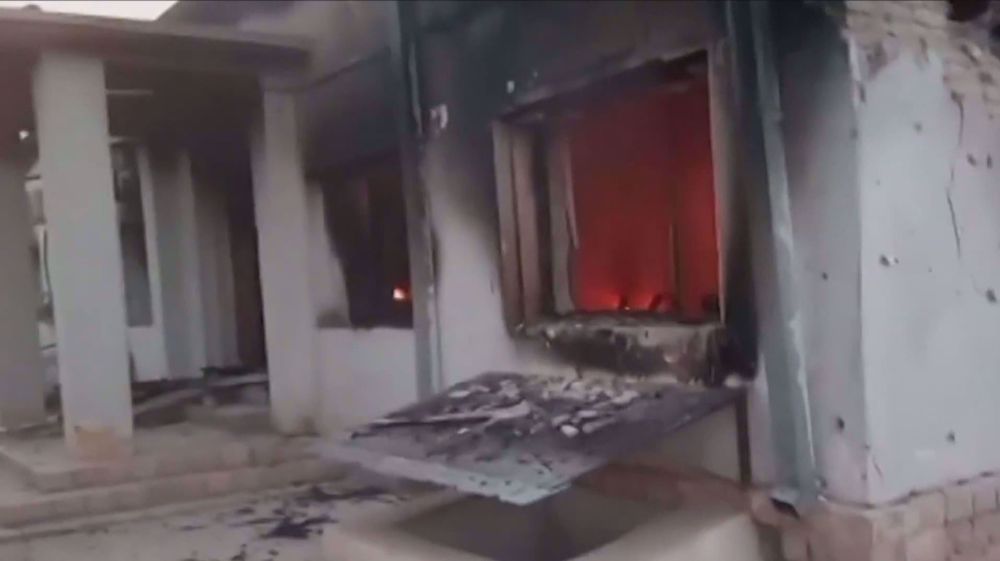
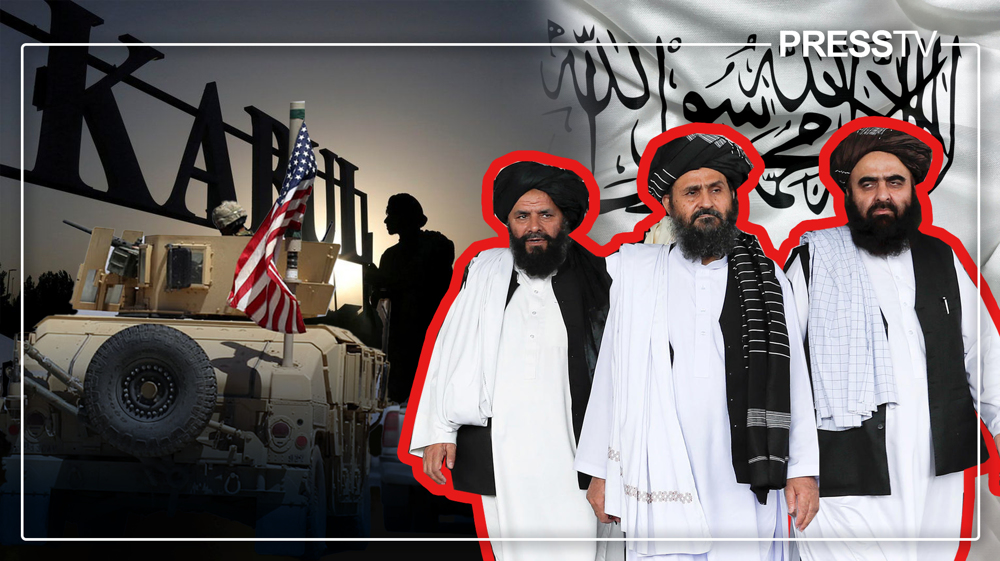
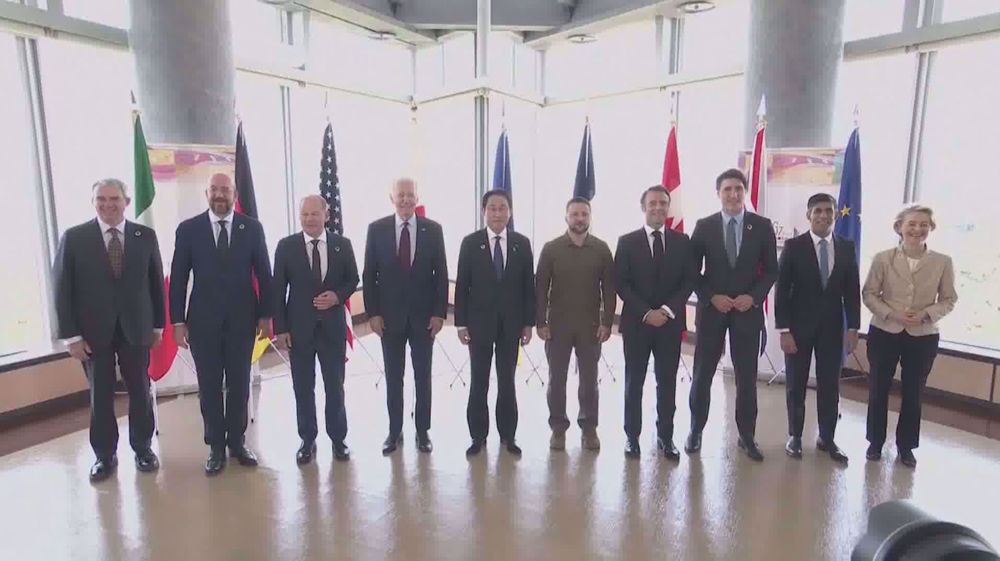

 This makes it easy to access the Press TV website
This makes it easy to access the Press TV website